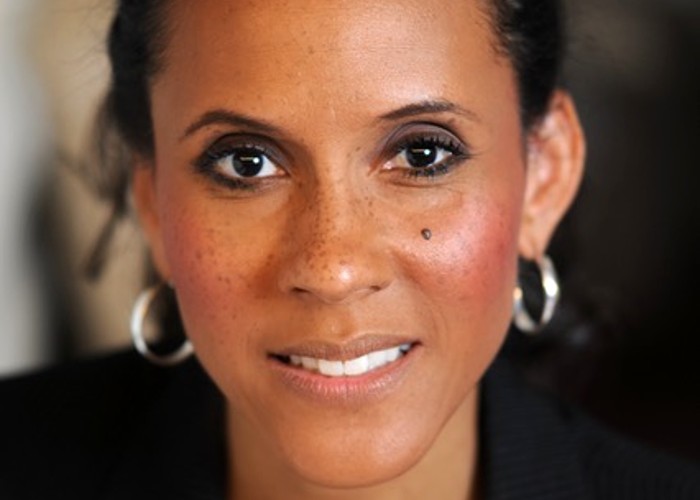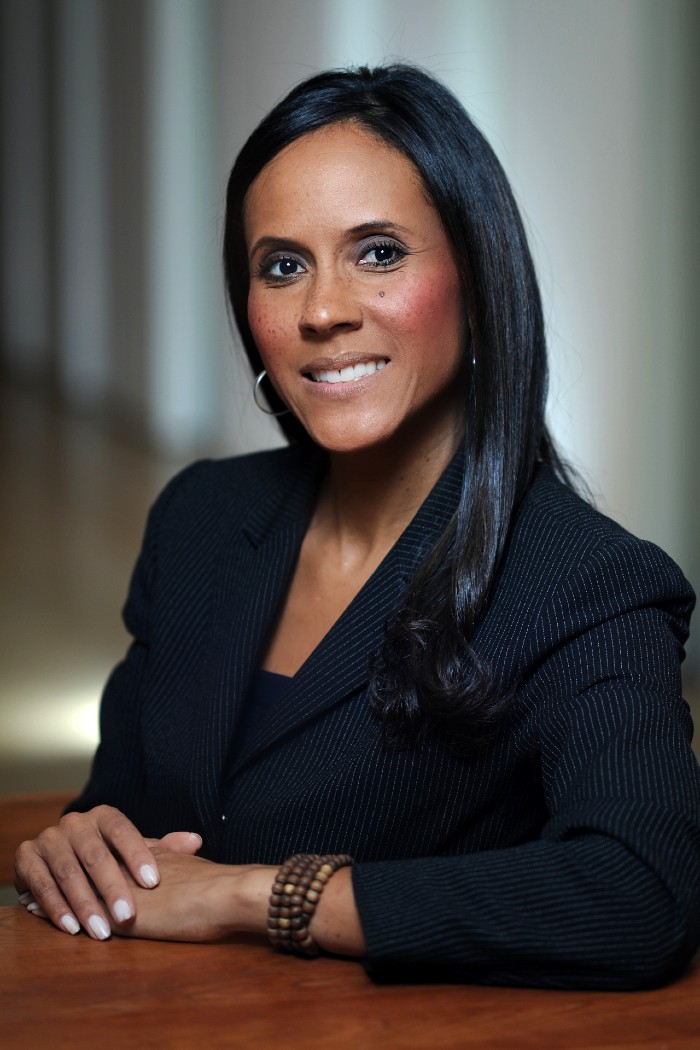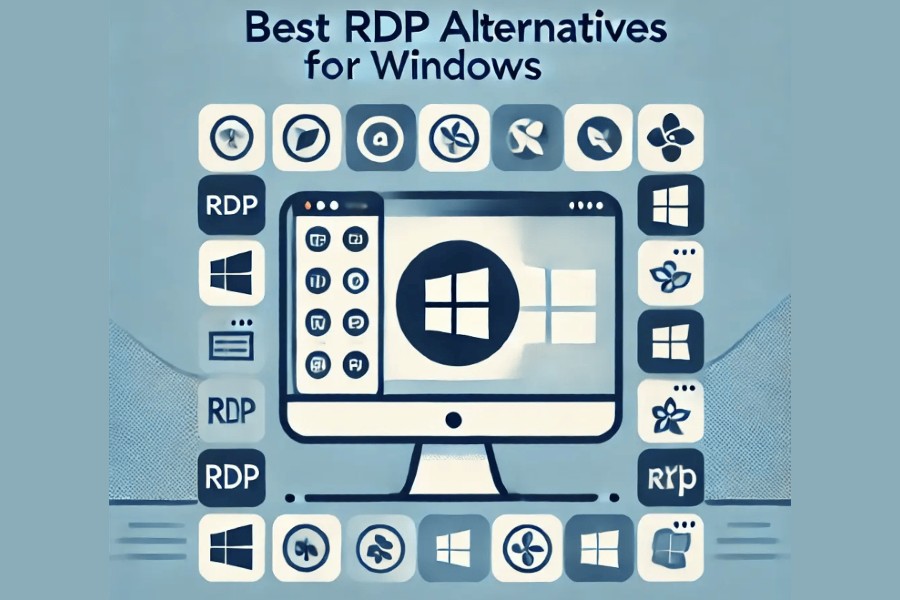 By Harlem World Magazine
By Harlem World Magazine
Health Justice Advocate Courtney Lang, Founder, and Principal, Langco + Partners, is a Black entrepreneur who’s been blazing trails in healthcare.
Courtney Lang is the Founder and Principal of Langco + Partners, a public affairs and strategic communications firm recognized for advocacy, activism, and grassroots mobilization.
She advises clients on achieving health equity, access to care, and the importance of systemic change amidst resilience.
Courtney’s commitment to improving the human condition and identifying social needs facilitates public conversation and coalition building.
Previously, she served as the Senior Director of Alliance Development for Pfizer Inc. and was the U.S. Public Affairs Liaison for Eli Lilly & Company. In these roles, she determined the strategic focus for national advocacy and alliance development activities.
Courtney provided expertise on legislative partnerships that supported federal and state-wide policy, coalition building, expertise on issues, disease management, and care coordination.
Courtney earned a Bachelor of Arts in Political Science from Pepperdine University and a Juris Doctor from The Ohio State University Moritz College of Law. She also studied Comparative Health Law and Policy at St. Anne’s College, Oxford University in the United Kingdom.
Recently, Courtney has proudly served as an adjunct professor of Media Law for her alma mater Pepperdine University. She is a native of Washington, D. C., and has resided in Los Angeles, CA, and Cleveland, OH.
Harlem World Magazine had a chance to catch up with Courtney Lang to talk about these issues affecting Harlemites and others around the world:
Harlem World Magazine: Who was the number one inspiration in your life? What advice would you give to someone who wants to follow in your footsteps?
Courtney Lang: The number one inspiration in my life is my mother, Theresa, and in retirement, she remains a dedicated healthcare advocate. Growing up with a community-based clinical social worker, whose career focus was empowering individuals experiencing homelessness, poverty, and living with mental illness and substance use disorders, was awe-inspiring.
My mom’s compassion and empathy were bookmarks for her career and remain a part of her active volunteerism. She alone taught me that selfless dedication to improving the lives of others was not only necessary but required.
This wisdom is consistent with other Black women luminaries that have touched and inspired my life, such as the late prolific author-advocate Bebe Moore Campbell and theologian Rev. Dr. Kelly Brown Douglas.
My best advice is to approach every day with conviction, embrace the passion for the needs of others, commit to news literacy, and unapologetically dedicate time to your community.
Stay informed and involved. Listen with intentionality and invest your time, talent, and treasurer to being solution-oriented, innovative in one’s approach, and unapologetically dedicated to community versus an individual focus. In so doing, galvanizing others embrace the spirit of advocacy to activate social change and improve the world in which we live.
HWM: For the last two years, we have lived with COVID, and not many of us have a healthcare plan. What do you think it will take for there to be “national healthcare for all” programs? And do you think that is the answer to many of our healthcare problems?
CL: Recent attempts toward health system redesign have failed. Efforts to advance national healthcare for all programs appear to be solution-oriented. However, the practical ability of providers of care to physically serve everyone in need would require a complete overhaul of our current medical model.
Currently, there is both a workforce shortage and a level of fatigue and burnout from healthcare workers that cannot go ignored. Justice in healthcare also requires justice for providers and institutions of care who remain in peril from long hours, staff shortages, revenue decline, and poor morale from a thankless citizenry that continues to politicize disease mitigation strategies (i.e., mask-wearing).
The falsity that the pandemic is “over” continues to reap havoc on many communities that remain stretched and stressed treating the multiple COVID-19 variants on-top of critical chronic and emergency conditions, amidst a landscape that needs both health and healing. Trying to keep both patients and the workforce intact is a real struggle. Simply put, it’s not that simple.
The right to health should absolutely be fundamental, as seen in other western nations and as espoused by the United Nations. One achievable opportunity to reach this goal is to expand community-based health care, including meeting some of our workforce needs with expanded pharmacy services, utilization of community or lay health care workers and expansion of peer networks.
Addressing the pipeline needs helps invest and evolve a framework of care that brings equity by design into access points for health services, and levels the playing field to one that is built on a greater sense of trust, confidence, and opportunity to receive health and emerge resilient.
Further, an expansion of Medicaid 1115 Waivers allows states an opportunity to meet the needs of under-resourced communities through innovative program design, focusing on solutions.
A shift in the consciousness of healthcare means that America’s safety net is not only protected it is prioritized, delivering purposeful system design, not system eradication.
HWM: From my visits to the West Coast to the East Coast and places in between, wherever I am, there are those with mental health issues on the street. Where can we find answers to these menacing problems (politics, health insurance, neighborhood policing, etc.,)?
CL: Housing instability is a reality that politicians largely ignore.
Stable housing and food are healthcare solutions. Individuals experiencing homelessness are often criminalized by circumstance and any trauma, depression, and anxiety may be exacerbated by a prior mental health condition.
A few thoughts on solutions to care:
- Expansion of transitional programs from acute care discharge to stable housing and employment (preventing a mental health discharge to the street).
- Advancement of peer respites, and shorter-term mental health stays that can alleviate episodes of escalation or crisis and allow for a period of rest and regrouping.
- Empower individuals experiencing homelessness with shared decision-making – so that community response is co-created, co-led, and co-directed.
- Philanthropic housing solutions that offer wrap-around services through adopting neighborhoods.
HWM: According to the Centers for Disease Control and Prevention (CDC), Blacks, Latinos, and Native Americans are two to three times more likely than whites to die of COVID-19, largely due to social determinants such as poor health and lack of access to adequate healthcare, among other factors. Why is this still happening and how do you think we can fix this problem?
CL: The focus must shift from problem identification to solution creation. Redirecting the focus from individual or midstream impact to a prioritization of the community or upstream factors is important to catalyze tangible change. Inequities are real.
The focus on individual or midstream impact on community or upstream factors is important to catalyze tangible change. Inequities are real.
Policies at the state and local levels must mirror President Biden’s COVID-19 Health Equity Task Force and stand as mechanisms of accountability and enforcement.
Upstream factors are critical to advancing a broader health justice agenda, one that affirms racism (and not race) as the ultimate pre-existing condition.
Simultaneously, we must address the pandemic of poverty and a pervasive mental health crisis as a crucial step towards addressing the immediate deficits for a successful foundation for individual and community strength.
HWM (Bonus question): How can patients, providers, and stakeholders whose goal is to achieve health equity become empowered?

CL: Empowerment comes from advancing your advocacy to activism. Health equity requires a collective commitment. Both individuals and communities must find their voice, continue to share their stories, hold systems of care accountable.
Like the Voting Rights Act of 1965, advocates must unite around a common agenda to outlaw discriminatory practices in healthcare. The visibility of inequities must not be normalized.
Rather, political power and programs to transform the practice of healthcare should be the direction of health promotion.
In short, access channels must redesign and meet patients and caregivers in the neighborhoods of where they reside, from prevention to treatment.
This context exemplifies why applying critical race theory to better understand and address racial inequities is essential.
HWM: Thank you.
CL: Thank you.
Check out more Interviews on HWM.
Photo credit: 1-2) Courtney Lang.
Become a Harlem Insider!
By submitting this form, you are consenting to receive marketing emails from: . You can revoke your consent to receive emails at any time by using the SafeUnsubscribe® link, found at the bottom of every email. Emails are serviced by Constant Contact








